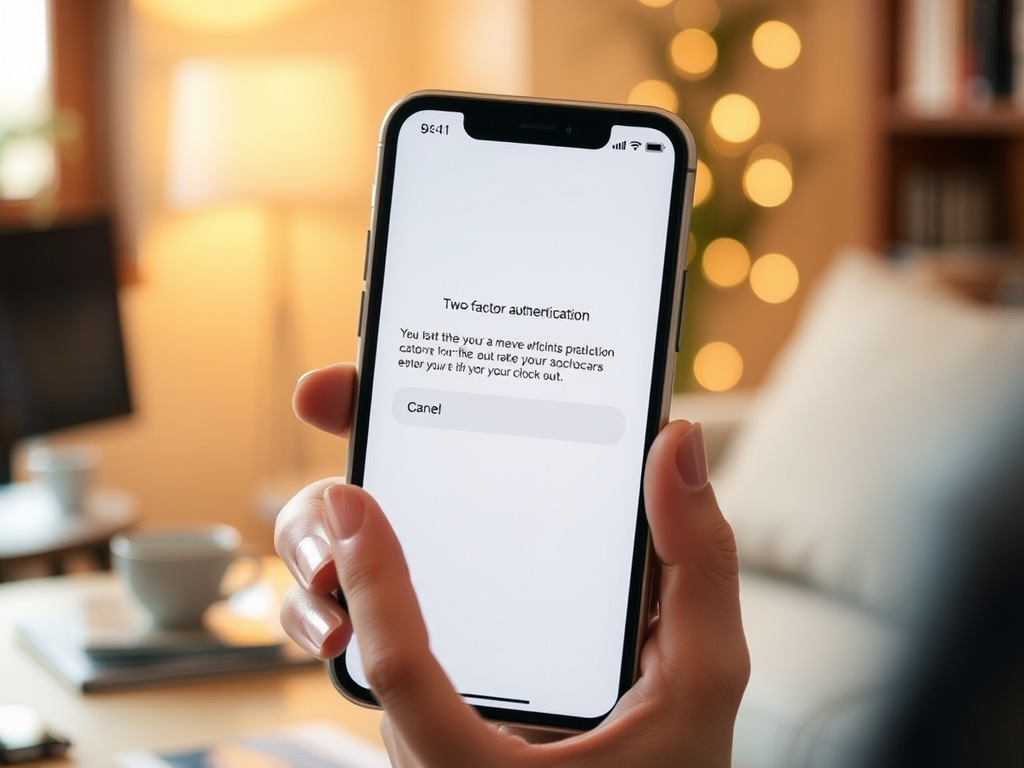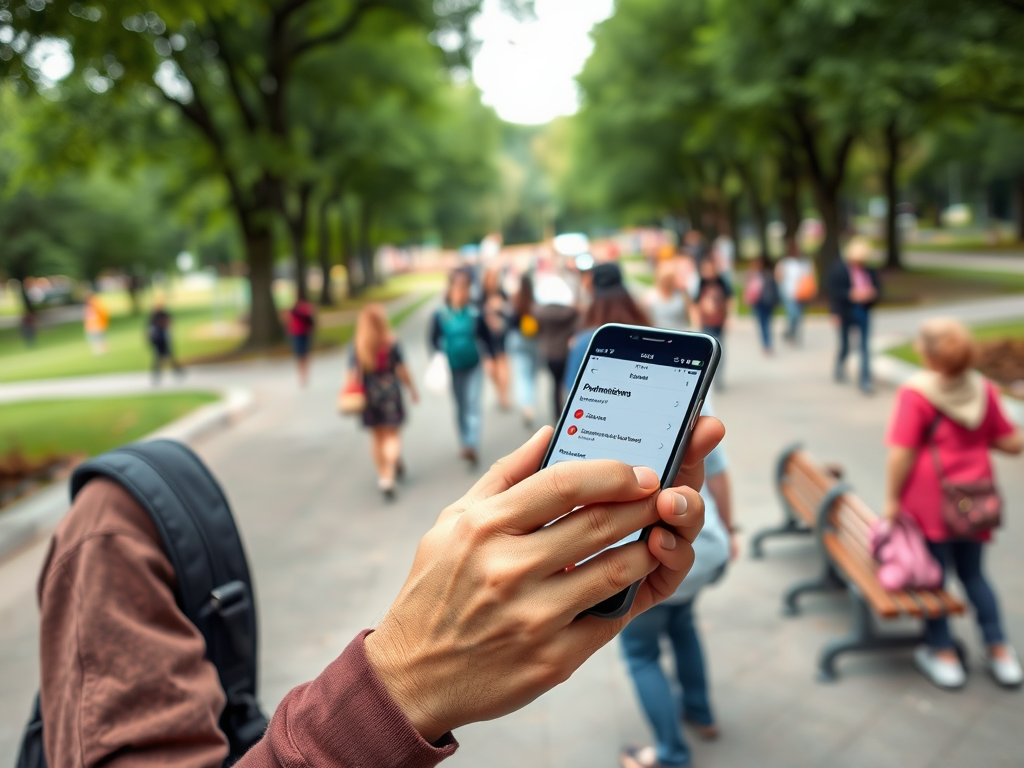Smartphones are no longer just communication devices; they are vaults of personal information. From private messages to financial data, our phones hold everything that defines us. As we navigate this digital landscape, ensuring the safety of our personal information has become paramount. There is an unspoken agreement that data shared through our devices deserves protection. However, most users are unaware of the lurking dangers that come with smartphone ownership. This article dives deep into the realm of enhancing phone security with effective hacks that will help you safeguard your privacy.
The digital world is fraught with potential threats that can easily compromise the security of our devices. Cybercriminals are constantly honing their skills, using sophisticated techniques to breach privacy. According to recent reports, an alarming number of smartphones fall victim to breaches each year. In this context, users must become proactive about their security measures. But understanding the risks is the first step toward preventing them. Familiarizing yourself with common threats can empower you and equip you with the tools to function safely in the digital age.
Understanding the Importance of Phone Security

The importance of phone security goes beyond keeping your device locked. It affects your everyday life, including your finances, relationships, and even your mental well-being. Every app you download and every click you make can potentially expose sensitive information. Moreover, with the growing dependency on smartphones for daily tasks, the risks increase exponentially. As a consequence, protecting your information should rank as a top priority. Effective phone security enhances not only your privacy but also adds a layer of confidence in your technology use.
Common Threats to Phone Security
Recognizing potential threats is essential in maintaining strong phone security. Let’s explore some of the most common risks that users face:
- Malware: Malicious software that infiltrates your phone and can steal information or disrupt operations.
- Phishing Attacks: Fraudulent attempts to solicit sensitive data by masquerading as trustworthy sources.
- Data Breaches: Incidents where sensitive information is accessed without authorization, often leading to identity theft.
By arming yourself with knowledge about these threats, you can take measures to avoid them effectively. Many users may think they’re safe simply because they aren’t aware of any immediate dangers. However, a single unsecured download can open a doorway to compromise. Keeping your device free from pests means being educated and vigilant. Following online safety best practices will keep you steps ahead of these threats.
Essential Hacks for Enhancing Phone Security
Now that we understand the risks, let’s dive into some essential hacks for enhancing your phone security. The first line of defense is the strength and complexity of your passwords. Below are methods that can help you create robust passwords:
- Use a mix of uppercase and lowercase letters.
- Incorporate special characters and numbers.
- Avoid using easily guessable information such as birthdays or names.
Further, consider implementing two-factor authentication (2FA) to add an extra layer of security. This way, even if someone obtains your password, they would still need a second factor to access your device. Biometrics, such as fingerprints or facial recognition, also serve as powerful security measures. Utilizing these methods is essential in today’s world where simple passwords do not suffice.
Regular software updates are crucial to ensure you have the latest security enhancements. Software developers constantly work to patch vulnerabilities that hackers might exploit. Additionally, app updates often include crucial features that bolster security. By enabling automatic updates, you can ensure that your device receives improvements without manual intervention. This proactive approach significantly mitigates risks. Ignoring these updates could leave your phone unprotected against emerging threats.
| Security Tips | Description |
|---|---|
| Strong Passwords | Use a combination of letters, numbers, and symbols. |
| Two-Factor Authentication | Adds a second layer of verification. |
| Regular Updates | Ensure important security patches are applied. |
Additional Tips for Ensuring Privacy on Your Device
Beyond the essential hacks mentioned earlier, there are additional tips that can further ensure your phone’s privacy:
- Manage App Permissions: Regularly review and manage the permissions you grant to apps. Limit access to sensitive information to only essential applications.
- Use Encryption Tools: Employing encryption software can secure your messages and data, making them accessible only to authorized users.
- Be Mindful of Public Wi-Fi: Use a Virtual Private Network (VPN) when connecting to public networks to encrypt your data and keep it secure.
Implementing these additional tips will enhance your proactive approach in securing your phone. Not only do they offer solutions to common problems, but they also foster a habit of regular checks and updates regarding your security settings. It often takes only a small amount of diligence to significantly fortify your phone’s defenses.
Conclusion
Enhancing your phone’s security is vital for protecting your privacy in an increasingly connected world. By employing strategies and hacks discussed in the article, you can effectively reduce the risks to your personal information. Remember, a proactive mindset when it comes to securing your device will serve you well. As cyber threats constantly evolve, remaining vigilant and educated about your security options is essential. Personal security isn’t a one-time task; it’s an ongoing commitment that pays dividends in peace of mind. Embrace these measures and take control of your digital safety!
Frequently Asked Questions
- What is the best way to protect my phone from hackers? Utilize strong passwords, enable two-factor authentication, and keep your software updated.
- Can public Wi-Fi ever be secure? While generally risky, you can use a VPN to protect your data when using public Wi-Fi.
- How often should I change my passwords? It’s advisable to change your passwords every three to six months.
- Do I really need to update my apps? Yes, updates often include crucial security patches that protect you from vulnerabilities.
- What should I do if I suspect my phone is hacked? Change your passwords immediately, run a virus scan, and consider performing a factory reset if needed.



